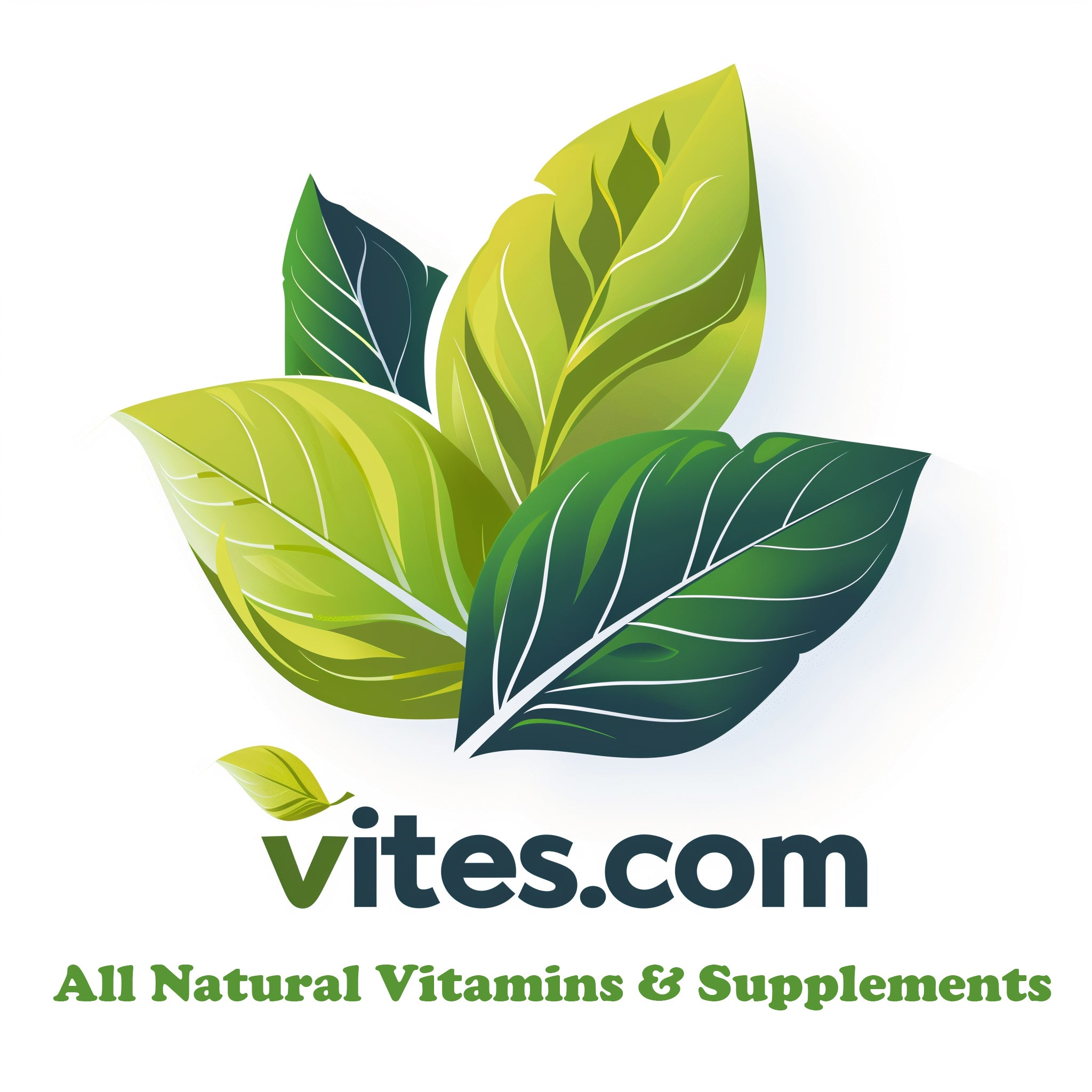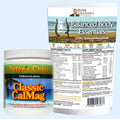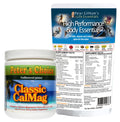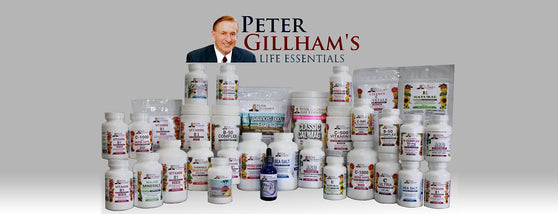Cotton is Toxic
Cotton is one of the most utilized plants in the world. Think of all the cotton products you use in your life – clothes, furniture, bedding, personal products and food. Did you know that your favorite sheets or feminine products might be making you sick? Cotton contains hazardous chemical pesticides and herbicides. In fact, about 35% of the world’s pesticides are used to grow cotton.
Pesticides Never Wash Out
You may think that washing your shirts, towels or sheets will remove any harmful pesticides. Unfortunately, this is not the case. When the cotton is growing, the pesticides create a residue that leaches into the fiber of the cotton and is ingrained permanently. Every time you use (or eat) non-organic cotton, you are exposing your body to pesticides.
The most common pesticides used on cotton are aldicarb, parathion and methamidopho. The World Trade Organization has stated that these pesticides are extremely hazardous to human health.
One Drop of Aldicarb Can Kill a Man
According to the Organic Trade Association, “Aldicarb, cotton’s second best selling insecticide and most acutely poisonous to humans, can kill a man with just one drop absorbed through the skin. Yet it is still used in 25 countries and the US, where 16 states have reported it in their groundwater.”
Pesticide Exposure on the Human Body
Pesticides are one of man’s most deadly enemies when it comes to our health. Whether we are eating them, sleeping in them, wearing them or using products that contain them, we are playing Russian Roulette with our future. Many severe health conditions have been linked to pesticides including damage to the nervous system, autism, reproductive issues (i.e. infertility), immune suppression, cancer and even heart disease.
Feminine Products
Conventional feminine products contain cotton – the dirtiest and most toxic crop on the planet. It is very important that women always use organic products. Never use tampons laced with pesticides.
Be aware of ALL the places you are using conventional cotton products. Paper towels, napkins, toilet paper, Q-tips, cotton balls, etc. all contain pesticides.
Go Organic
Going organic isn’t just about food. Whenever possible, buy organic cotton products too. Yes, they cost more, but isn’t your health worth it?
To your Health!
Peter Gillham








